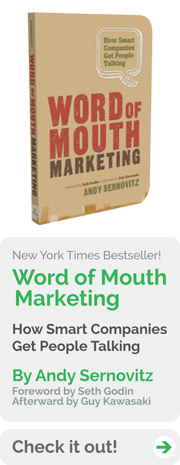Straight out of something our friend Andy Nulman would riff on, a 2003 study conducted by Christian Derbaix and Joelle Vanhamme of Belgium’s Université catholique de Louvain shows the influence of surprise on word of mouth.
Through a questionnaire, Derbaix and Vanhamme asked respondents to describe details of a consumption or purchase experience which surprised them as well as details of their last experience with the same kind of product or service which did not surprise them.
The results were as follows:
The frequency and amount of WOM were clearly larger for negatively and positively surprising experiences than for their non surprising counterparts. Highly significant correlations were found between surprise, subsequent emotions and the frequency of WOM.
When hypothesizing why consumers are more likely to engage in word of mouth following a purchase involving surprise, Derbaix and Vanhamme suggest it could be related to the psychological “weight” associated with the event. In other words, telling others relieves us of the potentially overwhelming emotion:
Surprise elicits substantial cognitive work (causal search, causal attribution, schema updating, and so on) and as mentioned by Söderlund (1998), this cognitive burden could lead to more interactions with others to the extent that interactions with others can help the individual in alleviating this burden. Therefore, the likelihood of inducing social sharing (WOM) is high.



Trackbacks/Pingbacks
[…] science behind remarkable Jump to Comments I wanted to share some interesting research we covered on our GasPedal blog a few weeks ago. It’s a 2003 study conducted by Christian Derbaix and Joelle Vanhamme of […]